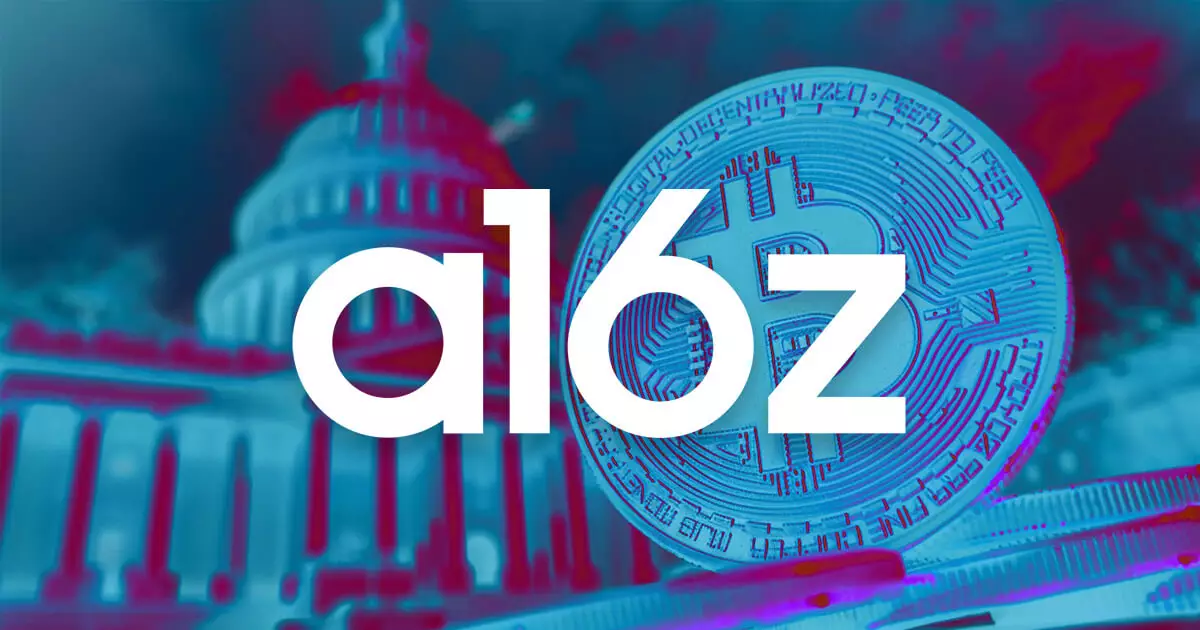The crypto industry has been facing a series of challenges under the current Biden-Harris Administration, according to Andreessen Horowitz (a16z) founders Ben Horowitz and Marc Andreessen. They openly criticized the administration’s handling of the cryptocurrency sector, citing a lack of clear regulatory guidance from the Securities and Exchange Commission (SEC). This ambiguity has led to the SEC filing lawsuits against over 30 crypto companies in the a16z portfolio, causing significant financial and operational strain on startups. The aggressive enforcement by the SEC, even when unsuccessful, poses a threat to the sustainability of the industry.
In addition to regulatory challenges from the SEC, the Federal Deposit Insurance Corporation (FDIC) has made it difficult for crypto companies to secure banking services. This has been compared to “Operation Chokepoint 2.0,” a reference to previous efforts that targeted legal cannabis companies. The lack of access to traditional banking systems hinders the growth and development of crypto startups, creating further obstacles for the industry.
One of the major points of contention is President Biden’s veto of a bipartisan repeal of Staff Accounting Bulletin (SAB) 121. This SEC rule complicates banks’ ability to hold crypto on behalf of their customers, making them liable for any decrease in the value of digital assets they manage. Andreessen has criticized this regulation, stating that it is deliberately designed to hinder the involvement of banks in the crypto industry. The unwillingness of the administration to engage with industry leaders on these issues has further exacerbated the situation.
A notable contrast has been drawn between the approach of former President Donald Trump and the current administration towards the crypto industry. While Trump has shown a willingness to engage with crypto leaders and has adopted a supportive stance towards the industry, President Biden, SEC Chair Gary Gensler, and Senator Elizabeth Warren have declined to meet with industry representatives. Trump’s platform includes ambitious goals to boost the economy, promote innovation, and lead in emerging industries, with a particular focus on crypto. He has expressed opposition to the creation of a central bank digital currency (CBDC) and has pledged to defend the rights of Americans to self-custody digital assets and transact without government interference.
The crypto industry is facing significant challenges under the current administration, with regulatory ambiguity, banking service limitations, and unfavorable SEC rules hindering its growth and innovation. The lack of engagement from key decision-makers and the contrasting approaches of former President Trump highlight the need for a more collaborative and supportive regulatory environment to ensure the long-term success of the industry.

